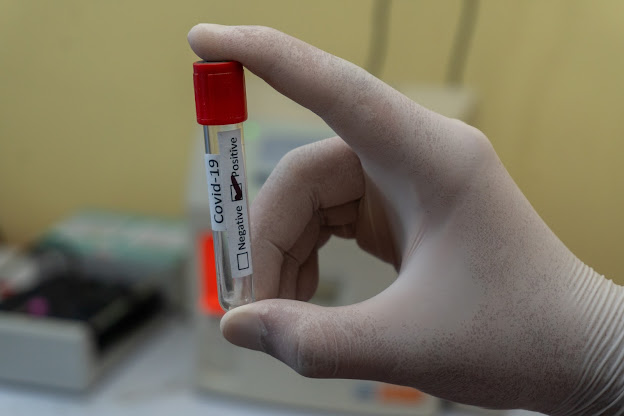Coronavirus in San Diego: What you need to know
Coronavirus in Orange County | San Diego Covid Testing THERE’S STILL MUCH to learn about the disease that has killed thousands of people and is changing life as we know it during this pandemic. But we do know some important basics about COVID-19 and the novel coronavirus—SARS-CoV-2—that causes it. Coronaviruses are a large family, but only seven of its members infect humans. Four types cause minor illnesses like the common cold, while other coronaviruses have triggered far more devastating impacts such as SARS, MERS, and now COVID-19. Coronaviruses can be zoonotic, meaning they jump from animals to humans. Like its relatives, COVID-19 is primarily a respiratory disease that starts in the lungs, causing pneumonia-like symptoms, but can also cast a storm across the entire body. The virus primarily spreads through small respiratory droplets. Like other respiratory diseases, COVID-19 San Diego CA spreads through small droplets—saliva or mucus—that an infected person expels when the


